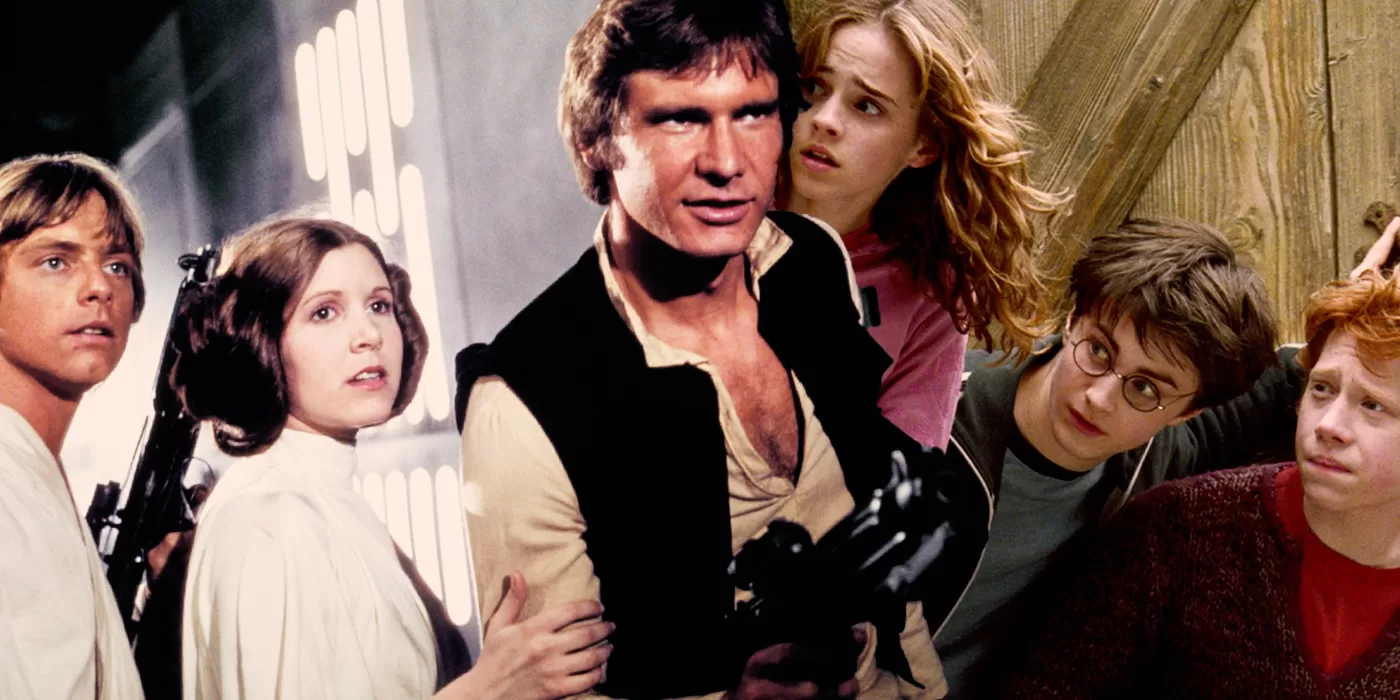Kristen Stewart and Steven Yeun lead what might be the most ambitious and storied tale of love ever put on screen in Love Me, which made its global premiere at the 2024 Sundance Film Festival. Similar in vain to WALL-E, but adultified and expanded over billions of years, the love story between a buoy (Stewart) and a satellite (Yeun) is deeply odd and intriguing at first glance.
Two “smart” devices connect and eventually fall in love, long after humans have ceased to walk the now-deserted grounds of Earth. What does true connection mean? Can (or should) AI be able to feel emotions? How does technology guide our modern-day perception of love? All questions the film tries to answer.
The buoy, later adopting the moniker of “Me,” encounters a satellite, whom she names “I am,” after arduously piecing together the word “Welcome,” a greeting she heard the satellite projecting but could not immediately return. Once a connection is made, “Me” investigates just who “I am” is — what does he know about life, living things, and his existence? “I am,” unbeknownst of the consequences, informs “Me” how to privately navigate the countless petabytes of human information available in its system.
Good news — Google still exists billions of years in the future! With the private search bar initiated, “Me” goes on a journey of social media discovery, uncovering a vlog and Instagram, among other things, from two humans named Déja and Liam.
‘Love Me’ Asks Questions as Big as Space Itself
It’s at this junction that “Me” fully adopts the personality of Déja, personifying her soul through its rusting, metallic exterior of a buoy. The personality of Liam, Déja’s boyfriend, is then expounded upon “I am.” A love connection is made — at least in theory.
Both newly constructed “people” now live in a meta-verse world, allowing them to reenact Instagram pictures and date nights from vlogs provided by Déja and Liam — the search for a human soul has commenced. The first act, unironically the strangest of the three, operates the best. It is a period of discovery and intrigue that maintains its energy through innovative editing and meaningful dialogue until the next chapter opens up.
The film, at just 92 minutes long, spans an unprecedented amount of time and space and effectively hits upon major, life-damning epiphanies that dissect the questions of just how technology influences how we perceive ourselves, what true love even is, and if humans could ever survive a love evolution. But the galaxy-sized themes brought to the frontage of the film soon lose their evolutionary spark and mold into repetitive, hum-drum exercises in understanding how technology changes what love is.
Much of the film is told through the lens of a Facebook-esque metaverse with avatars — that look every bit as gorgeous as Stewart and Yeun are in real life — to further indict the grim reality that technology will far outlive the human race and the human spirit.
‘Love Me’ Can’t Quite Wrangle Its Lofty Questions

Even as love transcends corporeal forms, first taking the shape of a buoy and a satellite, then that of avatar characters, and finally climaxing in two human bodies, the film itself manages to only ever superficially evolve. A timeless piano-driven score anchors Stewart and Yeun’s impressive voice performances that effectively communicate the distances and depths of loneliness, no matter the physical form. The final 20 minutes offer the most emotionally eviscerating commentary and performances of the entire movie, but unfortunately, it comes across as too little too late.
Admirably, the movie spans thematic distances as great as the number of years its characters live through. Most paramount is that of the human race’s ability to be “anybody” — someone who loves themselves, is honest with themselves, is confident in themselves, or someone who vacates any of those in lieu of the social media persona that is much easier to obtain.
It’s entirely possible Love Me would have fared more effectively as a short film, leaving less time to rehash the same conundrums that “Me”/Déja and “I am”/Liam find themselves consistently in. Regardless, the movie is a fascinating two-hander that offers up earnest questions to ponder — like when will buoys and satellites be smart enough to talk to each other and if we as a human race are doomed by technology, time, and most of all love.
Follow the Agents of Fandom socials for the latest entertainment news and film festival reviews.
'Love Me' Sundance Film Festival 2024 Review
'Love Me' Sundance Film Festival 2024 ReviewThe Good
- Expansive time-traversing storyline is both visually and emotionally engaging.
- Kristen Stewart and Steven Yeun are both just really hot.
The Bad
- Superficial in its mining for deeper meaning of both technology and love.
- Most of the film takes place in an awkward looking avatar meta-verse.











